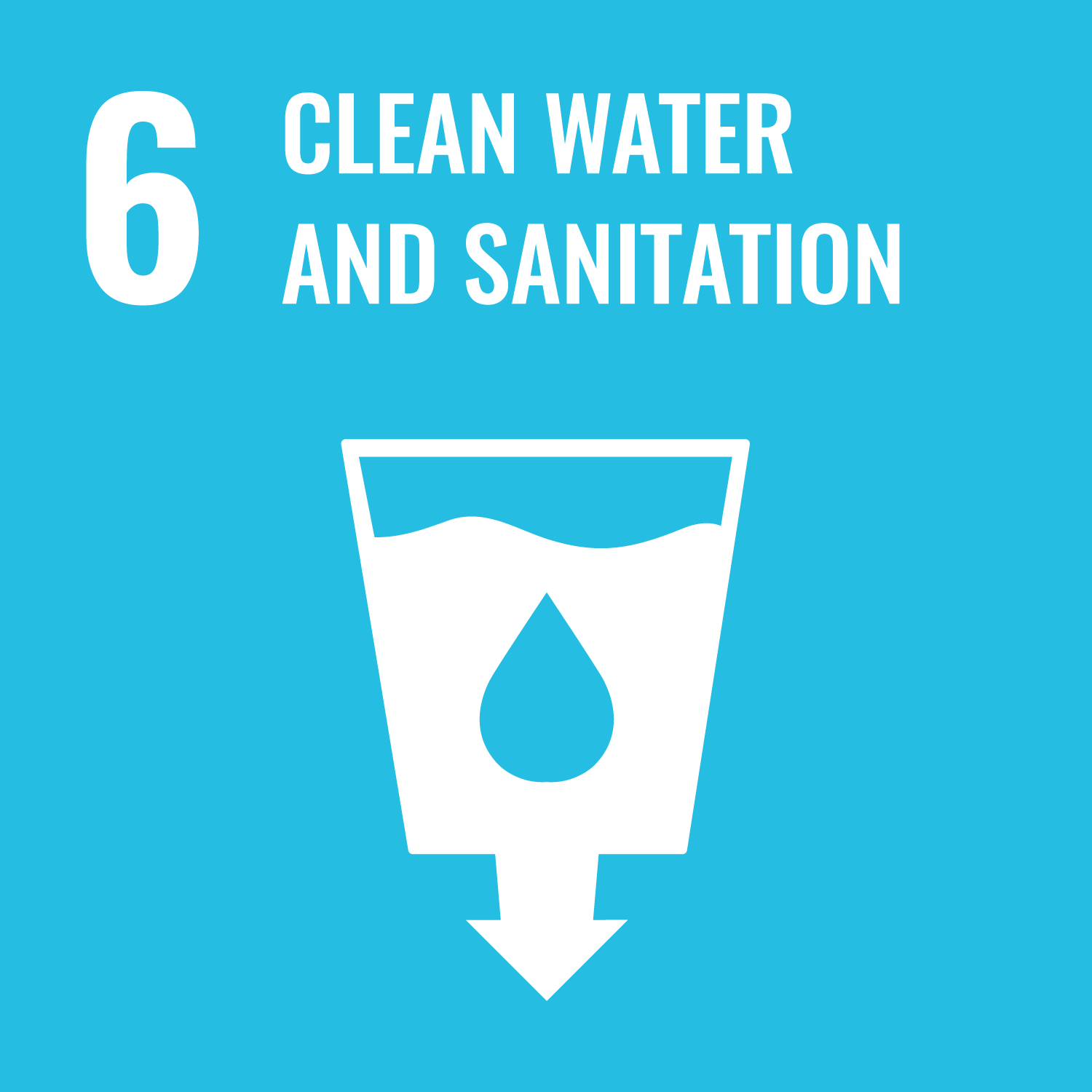Water management educational opportunities. Provide educational opportunities for local communities to learn about good water management.
UniSC provides educational opportunities for local communities to learn about good water management through various initiatives. The university’s Integrated Water Management (IWM) approach involves collaborating with local stakeholders and communities to achieve optimal water outcomes. This includes educational programs and workshops that focus on sustainable water practices and the importance of water conservation.
UniSC offers several educational opportunities for local communities to learn about good water management:
1. Courses and Programs: UniSC provides specialised courses such as the Bachelor of Environmental Management and the Bachelor of Environmental Science, which include modules on sustainable water practices and resource management. These programs equip students with the knowledge and skills to address environmental challenges, including water conservation and management. UniSC developed the online course "Life Below Water: Conservation, Current Issues, Possible Solutions" on the Future Learn platform, one of the modules focuses on water management. It has had over 1,900 people enrol since 2021.
2. Workshops and Public Lectures: The university organises free workshops and public lectures that focus on various aspects of water management. These events are designed to educate the community on the importance of water conservation and provide practical solutions for sustainable water use.
- UniSC staff are often asked to be invited speakers at other universities and conferences to share their expert opinion and research along with UniSC-wide events like National Science Week.
3. Community Engagement: UniSC actively engages with local communities through initiatives to promote optimal water outcomes and educate the public on sustainable water practices. For example:
- Sustainability tours are conducted for local businesses, schools and the wider community highlighting sustainability initiatives that promote conscious water usage on campus
- Sustainability week encourages the community to engage with events on campus that include tours and presentations on the UniSC water battery.
4. Research and Development: UniSC’s commitment to sustainability is also reflected in its research projects, which often involve community participation. These projects aim to develop innovative water management solutions and share findings with the broader community to enhance local water conservation efforts:
- UniSC is leading a three-year, A$2.25 million project funded by the Australian Government (ACIAR) to support the relocation of coastal communities in Fiji and Vanuatu due to rising sea levels. The project focuses on ensuring sustainable water management and supply for these communities by collaborating with local governments and institutions to develop evidence-based water management plans
- UniSC's coastal location leads to research and community engagement around ocean water management. A key example is our next-generation citizen science coastal monitoring program, Coast4d.
UniSC also organises public lectures and events that address water management issues, providing valuable knowledge and practical solutions to the community.
Summary
UniSC’s sustainability efforts in the community are reflected in engagement and education about water management. This showcases the university’s commitment to promoting sustainable behaviours and environmental stewardship among local communities.

